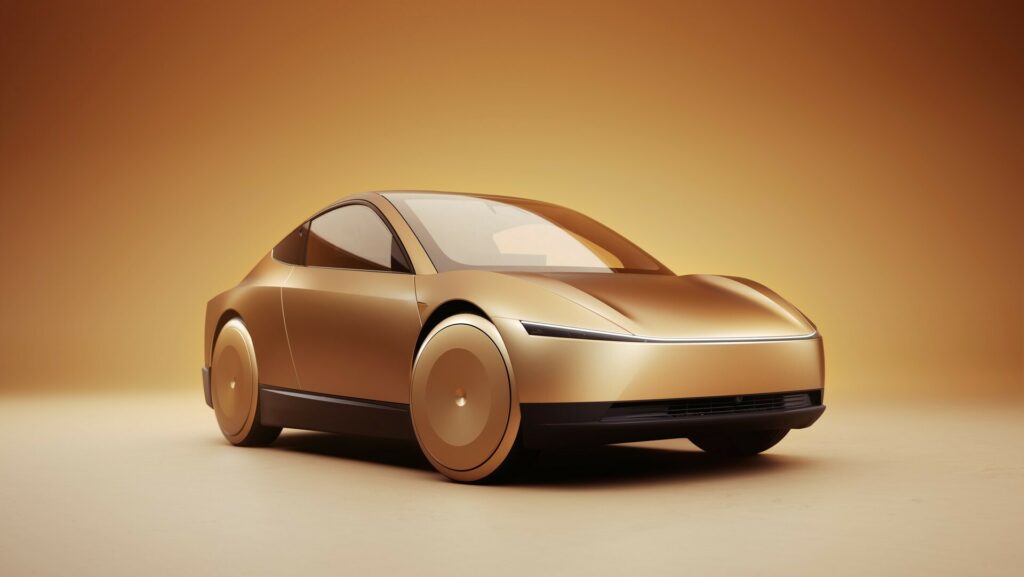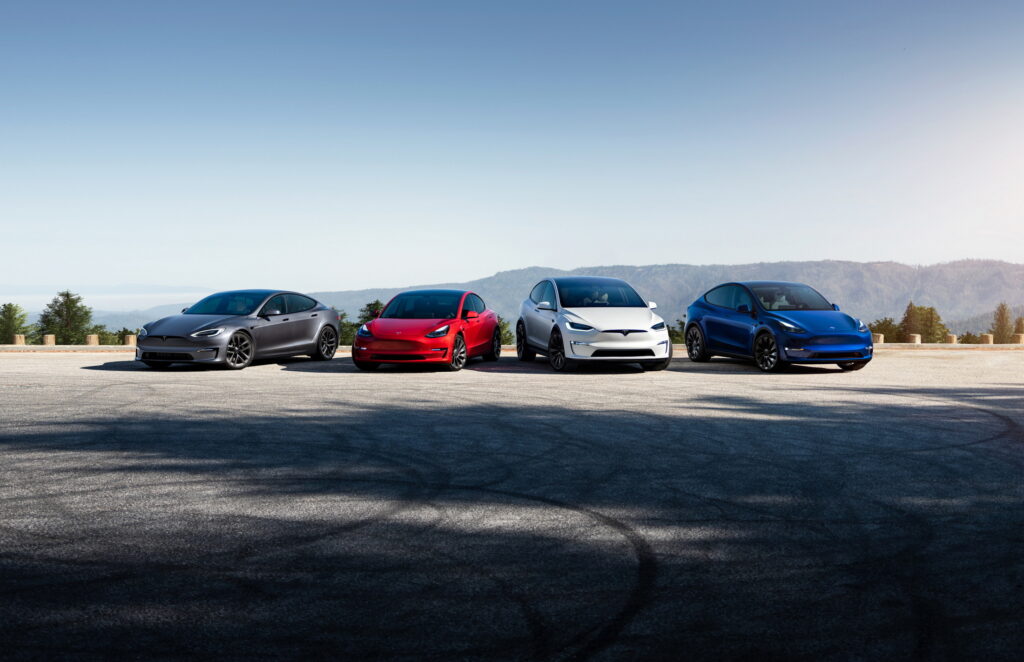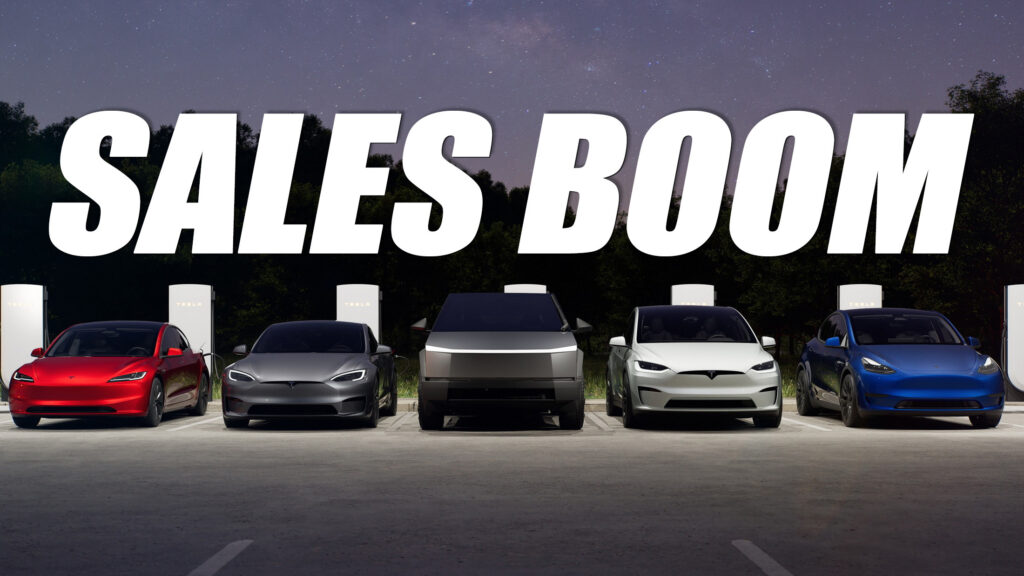- At a shareholder meeting, Elon Musk forecast Tesla’s 2025 sales would rise by 20% to 30%.
- He says that “best guess” is the result of plans for a lower-cost vehicle and autonomy.
- The company’s shares jumped over 10% following Musk’s optimistic sales outlook.
Tesla is going to sell 20 to 30 percent more cars next year, or at least that is what CEO Elon Musk is predicting. The automaker is already the most profitable EV manufacturer in the business. Now, the road to further success appears paved with more affordable models and autonomy, always according to Musk.
During Tesla’s Q3 shareholder meeting, Musk mentioned his prediction of a 20 to 30 percent bump in sales completely of his own volition and not as an answer to a shareholder question.
Read: Cybercab Has No Charging Port, But Tesla Promises 90% Wireless Efficiency
Known for his oftentimes overly optimistic timelines, Musk said “To take a bit of risk here I do want to give a rough estimate which is that I think 20 to 30 percent vehicle growth next year.” After meandering for a few moments he repeated the guidance. “With our lower-cost vehicles, with the advent of autonomy, something like 20 to 30 percent growth next year is my best guess.” Share prices for Tesla jumped some 12 percent after the call.
The only car company anywhere close to Tesla in terms of global BEV market share is BYD. If Tesla can buoy sales by as much as Musk predicts, it’ll make it all the more difficult for mainstream brands to catch up. Notably, Tesla won’t be doing that with a $25,000 car. He killed that idea at the same shareholder meeting saying that it would be “pointless.“

Instead, expect to see Tesla offer bigger discounts on its Model 3 and Model Y lineup next year. In addition, the Cybertruck could become more affordable too, if Tesla follows through on its promise to build cheaper versions of the electric truck.
If all goes according to plan (and frankly, when has that been the case with Tesla?), then 2026 should see significant growth on top of whatever happens in 2025. That’s when Musk sees the Cybercab reaching full volume production. “We’re aiming for two million units a year… maybe 4 million ultimately,” Musk prosed. While the Cybercab certainly doesn’t appear to be a high-margin play, the volume alone could be significant.





